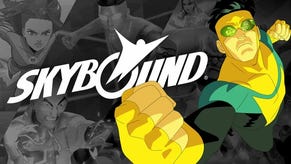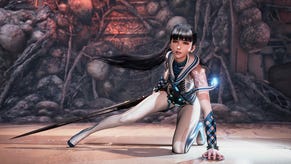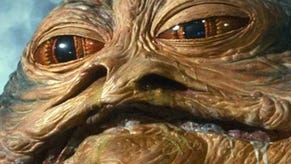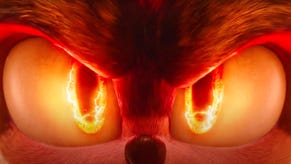SCEE wins case against mod chip sales
EUCD laws deliver Europe's most comprehensive ruling yet against mod chip devices.
Sony has won a landmark case in the British High Court, with a judge ruling that the sale of mod chip devices for the PlayStation 2 is illegal under the UK's implementation of the new European Union Copyright Directive.
The case was taken against David Ball, who had sold some 1,500 Messiah 2 mod chips to customers around the UK. The chips circumvented the built-in protection of the PS2 and allowed the console to play pirate and imported games.
The judge in the case, Mr Justice Laddie, ruled that Mr Ball had acted unlawfully in selling the chips, and went on to state that the use of the chips, advertising them or possessing them for commercial purposes are also illegal.
This is one of the most comprehensive rulings against mod chips to be made in the UK, or anywhere in Europe, and it is the first to be brought since the UK adopted a version of the European Union Copyright Directive (EUCD) laws late last year.
"This case, together with the recent successful criminal case against chippers in Belgium, confirms in the clearest possible terms that Sony Computer Entertainment Europe has the right to protect the illegal infringement of our intellectual property rights, and those of third party game developers," according to SCEE president David Reeves. "We are sending a clear message to manufacturers and distributors of mod chips throughout the PAL territories that we will continue to pursue legal action against them."


.png?width=291&height=164&fit=crop&quality=80&format=jpg&auto=webp)





